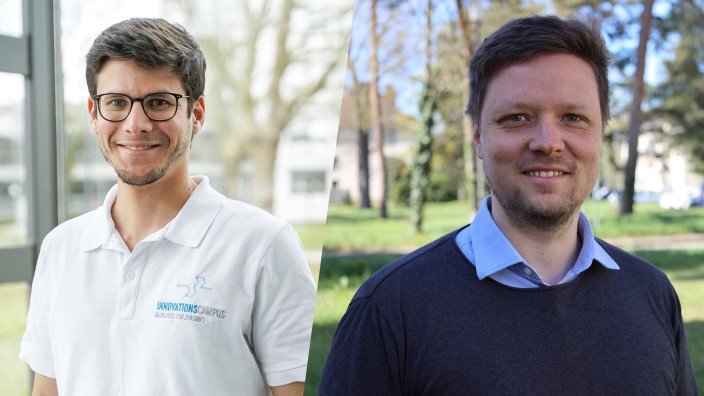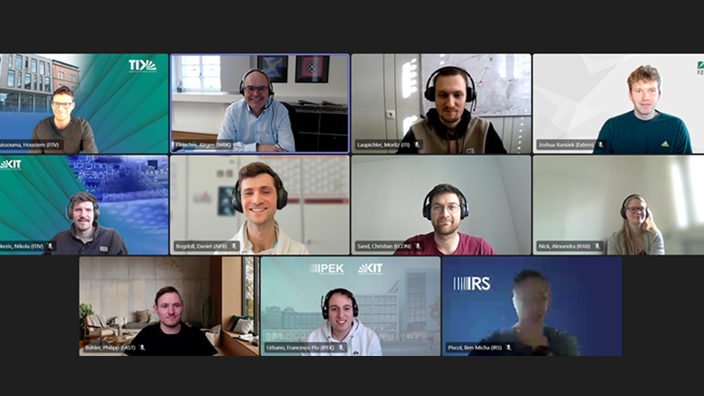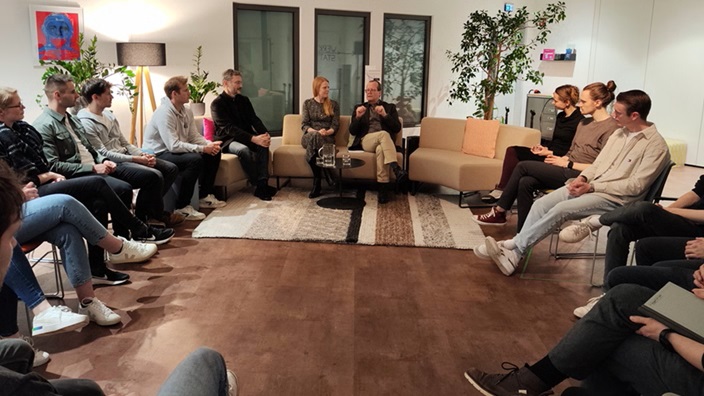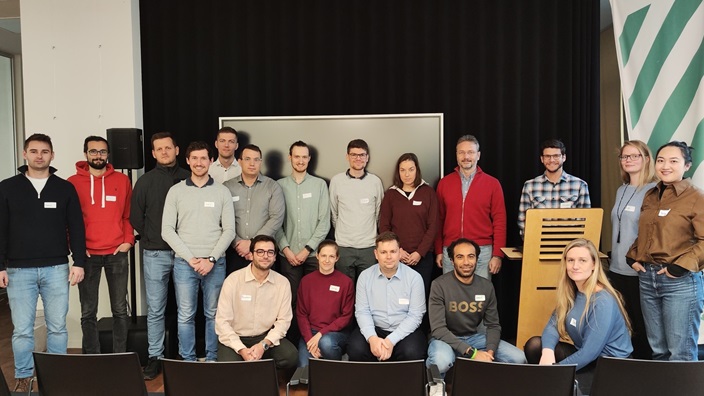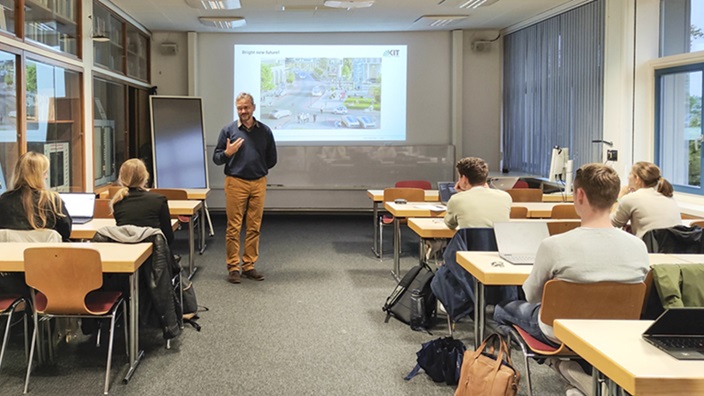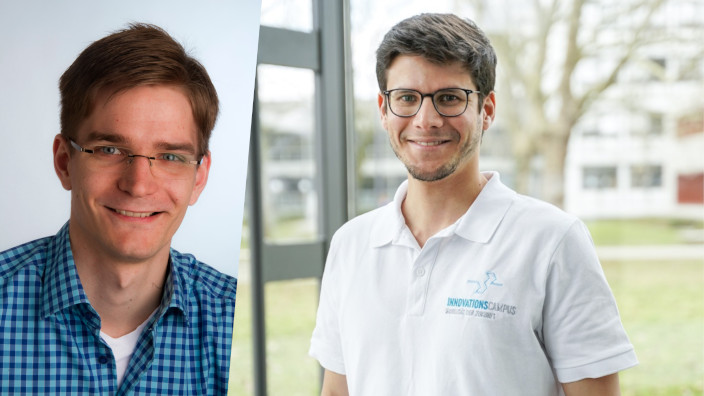
Methods and Processes in Design and Production
Researchers focus on systematic and integrated product, process and production design for the mobility of the future. The production of components poses new challenges in the areas of production system planning and quality assurance. Remanufacturing, i.e. the reprocessing of old parts, and central aspects of sustainable production are also part of the research topics that are pursued in close coordination with component development.
Learn more








